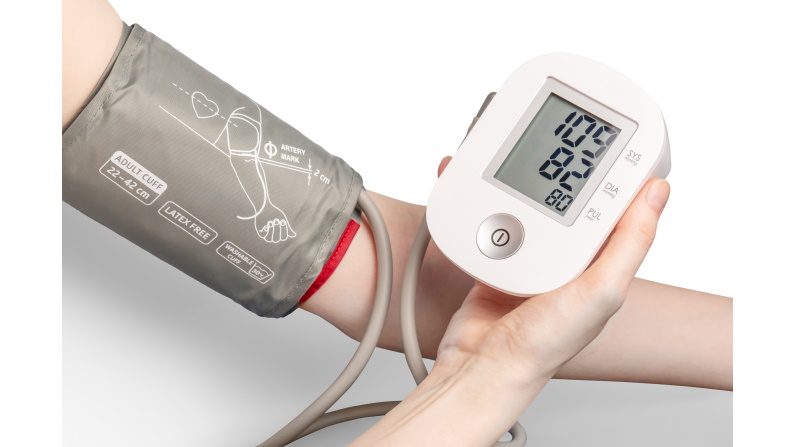Scientists have been able to successfully link blood pressure-lowering medicines for hypertension to less memory decline. Hypertension, which is the most common cause of elevated blood pressure, is the single most important modifiable risk factor for cognitive decline and dementia. But we often under-recognize it in clinical practice. High blood pressure is a major risk factor for heart disease and strokes. It can also lead to other health problems like kidney failure and blindness, in addition to dementia.

Scientists found that out of 5730 patients, 44% of adults aged 60 and older, had high blood pressure, and a higher systolic blood pressure and duration of hypertension. During the study, they discovered an association between hypertension and an increased risk for cognitive decline or dementia. But recently, another study showed that those who take blood pressure-lowering medications had better memory recall over time.
The Study
This study consisted of 257 people over the age of 65. All of them had been taking blood pressure-lowering medication for at least 2 years. The researchers then tested their cognitive abilities and memory recall over the course of 2 decades. They found that those who took the medications had better memory recall, episodic memory, and semantic knowledge than those who didn’t.
For the study, researchers gathered data among 14 groups of around 13,000 adults aged 50 and older. Multiple countries, including the United States, Australia, Canada, Germany, Ireland, and Japan participated in the study. Results were compelling:
- Older adults taking blood pressure-lowering medicines that cross the blood-brain barrier were found to have better memory for up to 3 years. This was compared to adults who were taking medicines that do not cross the blood-brain barrier
- Adults taking hypertension medications that did not cross the blood-brain barrier had better attention for up to 3 years

Specific Blood Pressure-Lowering Medications
ACE inhibitors, angiotensin II receptor blockers, and cholinergic systems are 3 different areas of research that connect with benefiting long-term cognitive function.
Angiotensin II receptor blockers relax your veins and arteries, in turn making it easier for your heart to pump blood. ACE inhibitors (angiotensin-converting-enzyme inhibitors) work by relaxing blood vessels and decreasing blood volume. This, in turn, demands less oxygen from the heart. Both ACE inhibitors and angiotensin II receptor blockers work similarly in reducing cardiovascular disease, but angiotensin II receptor blockers are selective and only block the AT1 receptors. Scientists believe both are successful because they enhance the activity of cholinergic systems.
Cholinergic systems are an essential component when it comes to cognitive health. This is because they act as a transmitter of signals between neurons, triggering voluntary muscle movements.
This is a breakthrough discovery; it shows us that there is a correlation between taking blood pressure-lowering medications and having better memories as we age.
Let’s see what findings come out later this year that expand on this.







